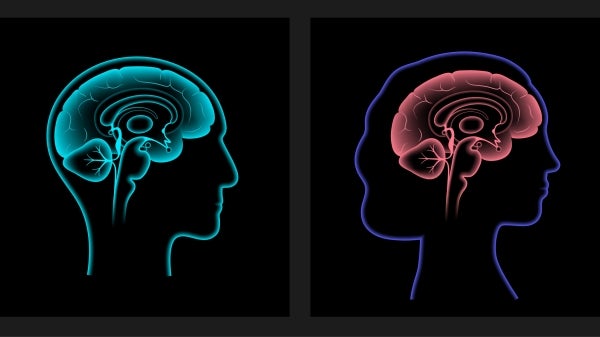Graduating chemistry PhD overcomes doubts to encourage others

ASU School of Molecular Sciences graduating PhD Donald Glaser. Photo courtesy Donald Glaser
Editor’s note: This story is part of a series of profiles of notable fall 2022 graduates.
Arizona State University graduate student Donald Glaser feels fortunate and honored to receive a PhD in chemistry from the School of Molecular Sciences. As a self-described nontraditional student, Glaser wants others to know that achieving your dreams is possible, despite having what others might consider a less-than-ideal beginning.
Glaser comes from a working-class family and admits that he did poorly in high school. Following that, he took off from school for many years and worked instead. Eventually, he went back to school, attending community college. During his undergraduate studies, Glaser discovered a curiosity and passion for the sciences, especially chemistry, and earned his bachelor’s degree at age 29.
“I want to speak to those who feel that university study is unachievable,” Glaser said. “Initially, it felt unobtainable for me, because of my academic and family background. However, I am proof that it is achievable, and that success is possible.”
Glaser set his sights on graduate school, and chose ASU.
“ASU is a place of inclusion that was ready to give me a shot as a PhD student,” Glaser explained. “The professors, particularly my advisor, Hilairy Hartnett, worked with me and supported my interests. This support led me to the field of astrobiology, a field that I was barely aware of, and yet is now the backbone of my dissertation research.”
Graduate school wasn’t always easy for Glaser. There were times when he had to overcome self-doubt, as well as the doubts of others.
“There were many points along the way when someone told me I wasn’t good enough, or that I didn’t have the pedigree, or I wasn’t going to make it,” Glaser recalled. “Sometimes I thought I wasn’t going to make it, but I am here. I am here to tell the current and future students that you do not have to be the ‘perfect’ student to succeed. You can – and will – fail. However, you can – and will – learn from your mistakes to shape your own future."
Glaser’s future promises to be out of this world. He credits his professors who have allowed him to follow his curiosity, which last summer took him to the dry Atacama Desert in the Andes Mountains of Chile to perform research with applications to Earth and Mars.
After graduating, Glaser will continue his exploration as a postdoctoral fellow at NASA’s Goddard Institute of Space Sciences.
More Science and technology

The Polytechnic School at ASU hits milestone mark at 10 years
The year was 2014.Taylor Swift released “1989.” "Frozen” and its soundtrack were stuck in the minds of many.Facebook was…

Study finds cerebellum plays role in cognition — and it's different for males and females
Research has shown there can be sex differences between how male and female brains are wired.For example, links have been made…

Artificial intelligence drives need for real data storage innovations
In southeastern Mesa, Arizona, construction crews are hard at work on a state-of-the-art data center. The $1 billion…